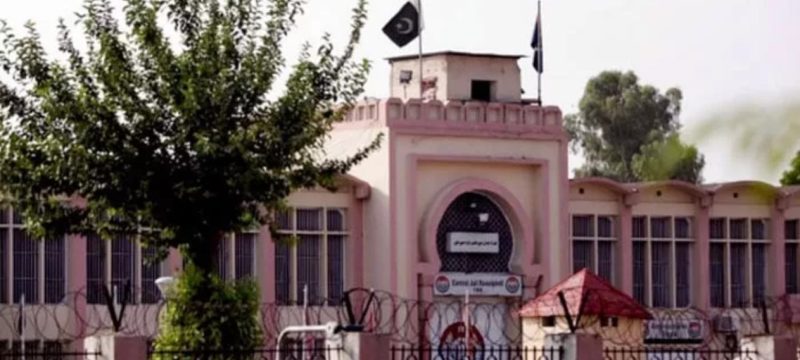On Friday, a three-member delegation from the US Embassy visited Adiala Jail in Rawalpindi, where they were granted consular access to three American citizens detained under the Foreign Act. The delegation, comprising Irfan Jan, Mike Murphy, and Raheel Javed, met with detainees Abid Malik, Sadiqa Saeed, and Alex Pleado in the office of the Additional Superintendent. The meetings lasted about an hour, after which the delegation departed.
This visit occurred just two days after the Biden administration acknowledged receiving a letter from over 60 US Congress members, urging the White House to advocate for the release of Pakistan Tehreek-e-Insaf (PTI) founder Imran Khan, who is also detained in Adiala Jail. US State Department Spokesperson Matthew Miller confirmed the receipt of the letter during a press briefing and stated that the administration would respond in due course. The letter, led by Congress members like Ilhan Omar and Rashida Tlaib, urged President Biden to secure assurances from Pakistani authorities regarding Imran Khan’s safety while in custody.
Also Read: Billionaire Richard Branson Calls for Imran Khan’s Release from ‘Arbitrary Detention’
Miller reiterated that the US supports a “sustained democracy” in Pakistan and emphasized a recent meeting between US Deputy Assistant Secretary for Democracy and Human Rights Monica Jacobson and Pakistan’s Human Rights Secretary, which focused on upholding fundamental rights and freedoms. He refrained from commenting on claims linking the release of Khan’s wife and sisters to US involvement but affirmed that discussions included support for a vibrant civil society and strong democratic institutions.
In response to the US Congress members’ letter, a group of 160 Pakistani parliamentarians expressed strong disapproval. They urged Prime Minister Shehbaz Sharif to address what they perceived as external interference in Pakistan’s domestic political matters. In their own letter, the lawmakers criticized the US legislators for allegedly presenting a skewed view of Pakistan’s political dynamics, arguing that the letter exaggerated a narrative favoring Imran Khan’s PTI while undermining the credibility of Pakistan’s state institutions.
While respecting the right of US lawmakers to express political opinions, the Pakistani parliamentarians suggested that their views may have been influenced by disinformation from Imran Khan’s supporters. They called for a more critical assessment of the political motives behind the campaign and urged a clearer separation of facts from fiction in evaluating Pakistan’s political landscape.









